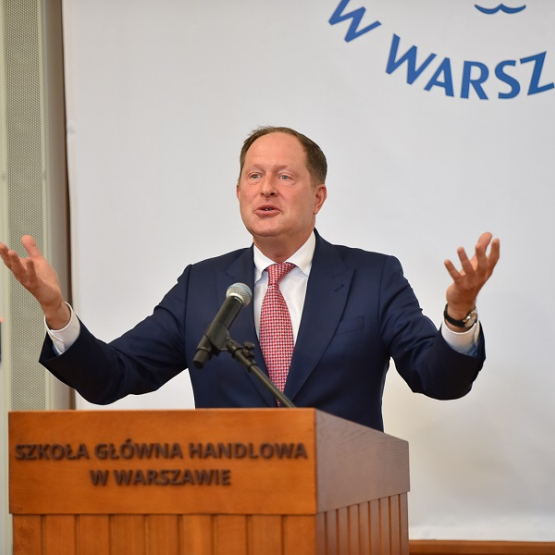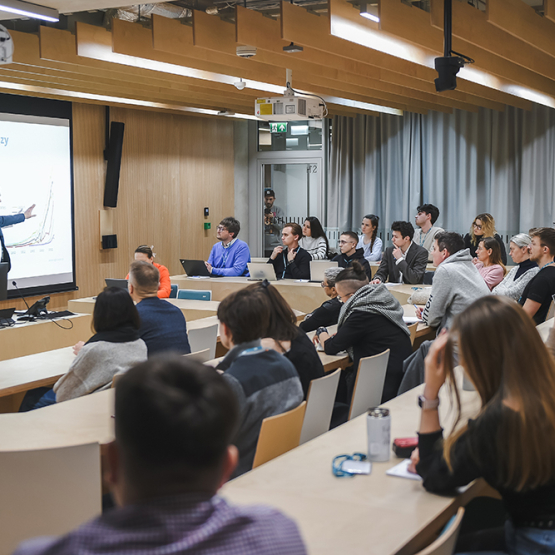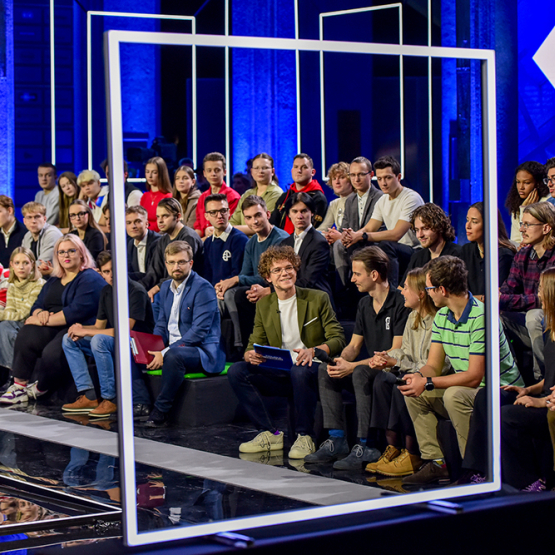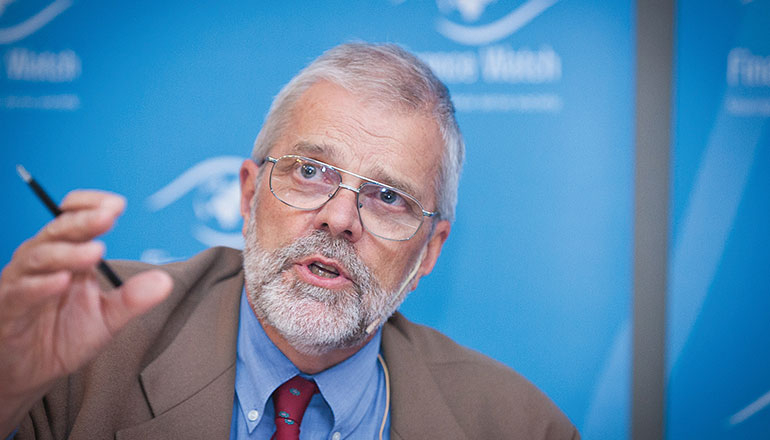
ONLY THE NAIVE MAY THINK THAT LEARNING IS A ‘GREAT, CALMLY FLOWING RIVER’.
Only the naive may think that learning - in our case economics - is a ‘great, calmly flowing river.’ In fact, the riverbed is changeable and the river currents are constantly displaying new shallows, depths, vortices and waterfalls. The financial crisis of 2007–2008 shook the whole discipline thoroughly, revealing challenges but also shoals not noticed so far.
The suggested readings were intentionally selected to have a destabilising effect and thus provoke creative and independent thinking. The spectrum of the proposed publications is wide, not to say eclectic. It shows, often in a critical light, the achievements of previous generations and the challenges facing new generations of economists. It also suggests methods for addressing the indicated challenges.
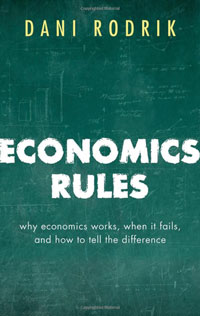
I suggest starting with Dani Rodrik Economics Rules: Why Economics Works, When it Fails and How To Tell The Difference (2015). The author of Paradox of Globalization shares a reflection on the basics of economics as a science and guides the reader through a four-step sequence of science (from hypotheses to models and further to theories, which in some cases may turn into ideologies). The danger against which the author warns economists is too much self-confidence due to ignorance or failure to recognise the diversity of theoretical approaches in economics. Learning economics is a ‘library of models’ that will never be complete.
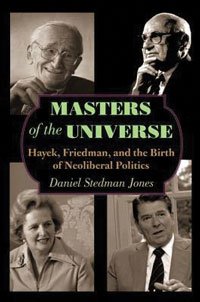
In turn, the book by Daniel Stedman Jones Masters of the Universe - Hayek, Friedman and The Birth of Neoliberal Politics (2012) is an exciting tour through the history of economic and political thought of the 20th century. A solid source work shows the way in which the political views of Hayek, von Mises and Popper took over the world. From political demands, they first became the foundations - in the 1950s - of research programmes at universities, mostly financed from private sources. The aforementioned studies naturally generated political programmes ready for implementation, in which the fry of economic and political elites was educated. This is how the scientific, political and sociological foundations of liberal ideology were simultaneously formed.
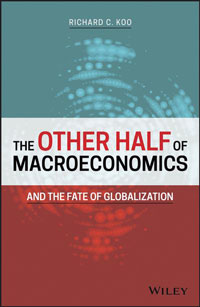
W The Other Half of Macro-Economics – and The Fate of Globalization, a Japanese economist Richard C. Koo (2018) reveals basing on rich empirical material, why current macroeconomics is neither able to explain the financial crisis nor cure its effects. The problem is that the current theory does not permit account to be taken of the behaviour of enterprises and banks with weak balance sheets, which were the cause of the recent crisis. Koo suggests how to make up for the indicated imperfection, how to expand theory and improve economic policy.
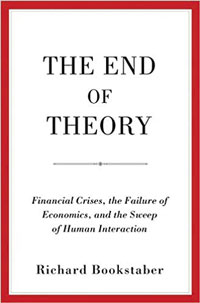
The End of Theory - Financial Crises, Failure of Economics and the Sweep of Human Interaction contains the provocative thesis of the financial operator and a theorist, Richard Bookstaber (2017), according to which theory is impossible in the current complexity of (also technological) finances, because at the very moment of its formulation, it is included in the action of operators. .

The book by Milanovic Branko called Global Inequality - A New Approach for The Age of Globalization (2016) is a monument of statistical work that addresses the issues of inequality on a planetary scale, at the same time capturing its inter-state and internal aspect. The source of this publication is reliable statistics - not econometrics - as the basic cognitive method and as a workshop of hypotheses for later research. .
Paul H. Dembiński, an economist and a political scientist by education. He was educated in Poland, Switzerland, Cameroon and Great Britain. Dembinski is a profesor at the University of Fribourg, where he heads the Department of International Competition and Strategy at the Faculty of Management. He is also the founder and executive director of the Observatoire de la Finance Foundation (1996) www.obsfin.ch, whose mission is to promote awareness of ethical problems in financial activities. In 2005, Paul H. Dembinski helped establish the Ethics, Trust and Responsibility in Finance Award. Currently, he is the vice-president of the international jury of the award in the 7th edition of the competition. The President of the Association Internationale pour l’Enseignement Social Chrétien and Plateforme Dignité et Développement (Lausanne). His latest books are: Etyka i odpowiedzialność w świecie finansów (Ethics and Responsibility in the World of Finance) (2015) published in French, English, German, Hungarian and Polish (Emka Studio, 2017); Bien commun – par-delà les impasses (co-author) (2017).


